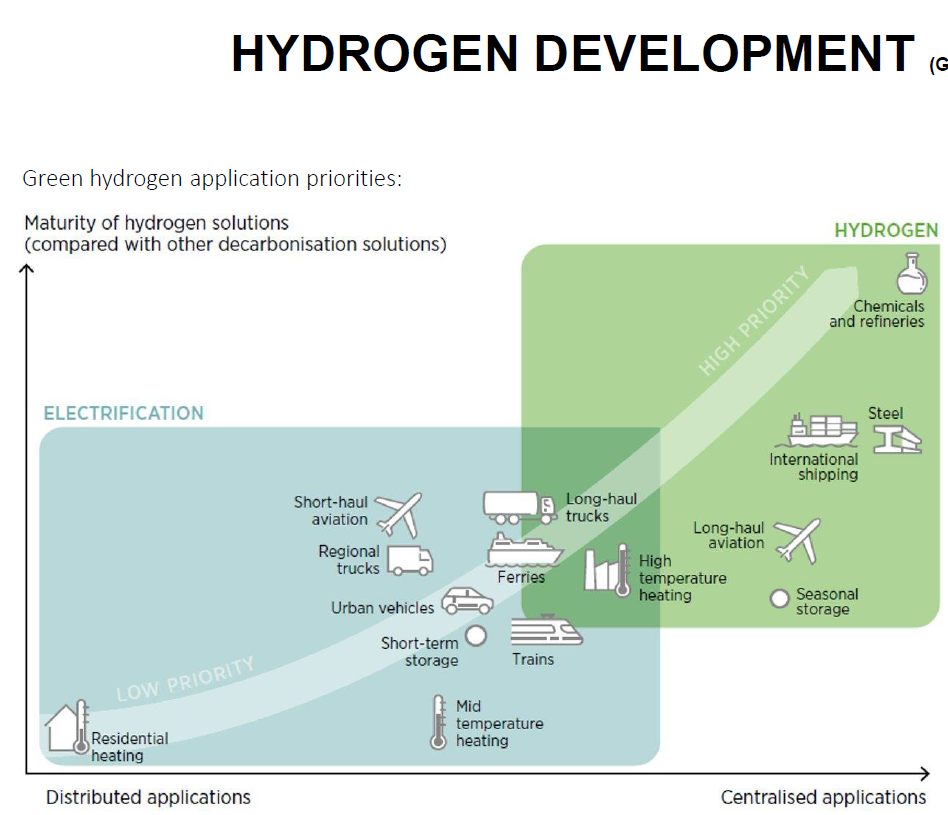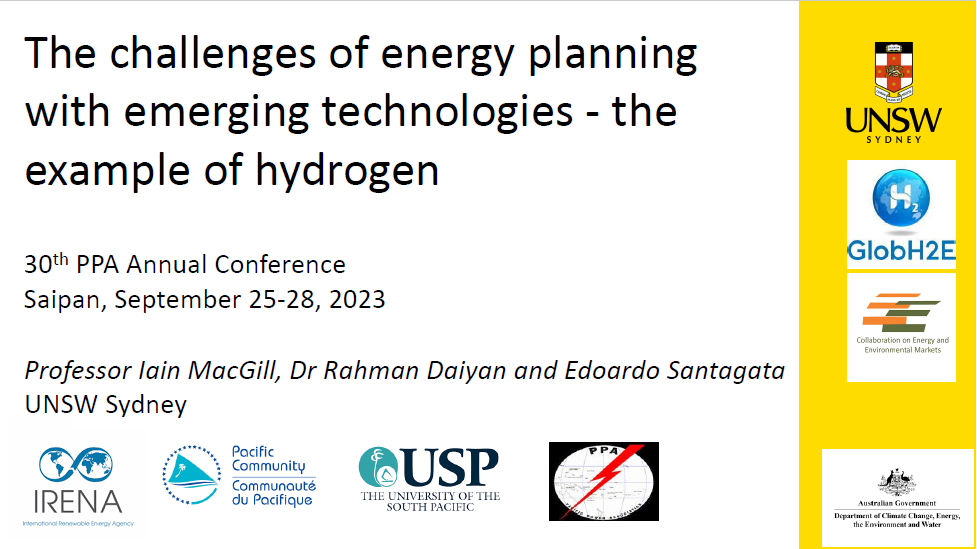The Efate outcome statement from the Fifth Pacific Regional Energy and Transport Ministers’ Meeting held in Port Vila, Vanuatu in May 2023, reaffirmed the critical importance of the Leaders’ call, for a clear pathway for energy security and the urgent need for decarbonisation of energy systems including electricity, transportation and clean cooking; and the need to address supply chain issues, rising costs of fuel and knowledge gaps.
The meeting highlighted the need for the development of improved planning frameworks and tools to support regional net zero energy transition through higher penetrations of variable renewable energy (VRE) in PICT utility grids, widespread electrification of transport and other suitable sectors, and the use of renewable derived fuels for energy uses that are not amenable to electrification.
The meeting noted that deployment of VRE presents important opportunities for PICTs, but also grid integration challenges related to renewable energy variability, geographic isolation from load centres, limited capacity and flexibility of existing power plants and grid infrastructure, and the complex systems required to operate, control and monitor the power system with new flexible resources. Successful transition from fossil fuels to diversified VRE and other renewable sources will therefore require careful planning and detailed assessment of reliability, flexibility, adaptive capacity, and grid stability and investments in appropriate technology deployment.
The meeting noted that there are currently only limited regional efforts to support the development of, and data and capacity to use, forward-looking planning frameworks and tools, including Capacity Expansion Modelling (CEM) software, by PICT utilities and other regional stakeholders. Despite significant capacity building efforts including those supported by the World Bank and facilitated by PPA, grid integration of VRE is technically complex and there is still a lack of capacity and technical expertise in planning and modelling for the transition to clean and renewable energy sectors. Most of this work currently is being undertaken by consultants within project timeframes, presenting barriers to local capacity development.
The meeting emphasized the need to identify current approaches to planning and modelling for capacity expansion in the region, and assess the software tools currently available in the market to highlight which tools might be best suited for PICTs to undertake strategic planning and scenario modelling for increasing renewable energy uptake into the utility grids, while incorporating widespread electrification efforts.












